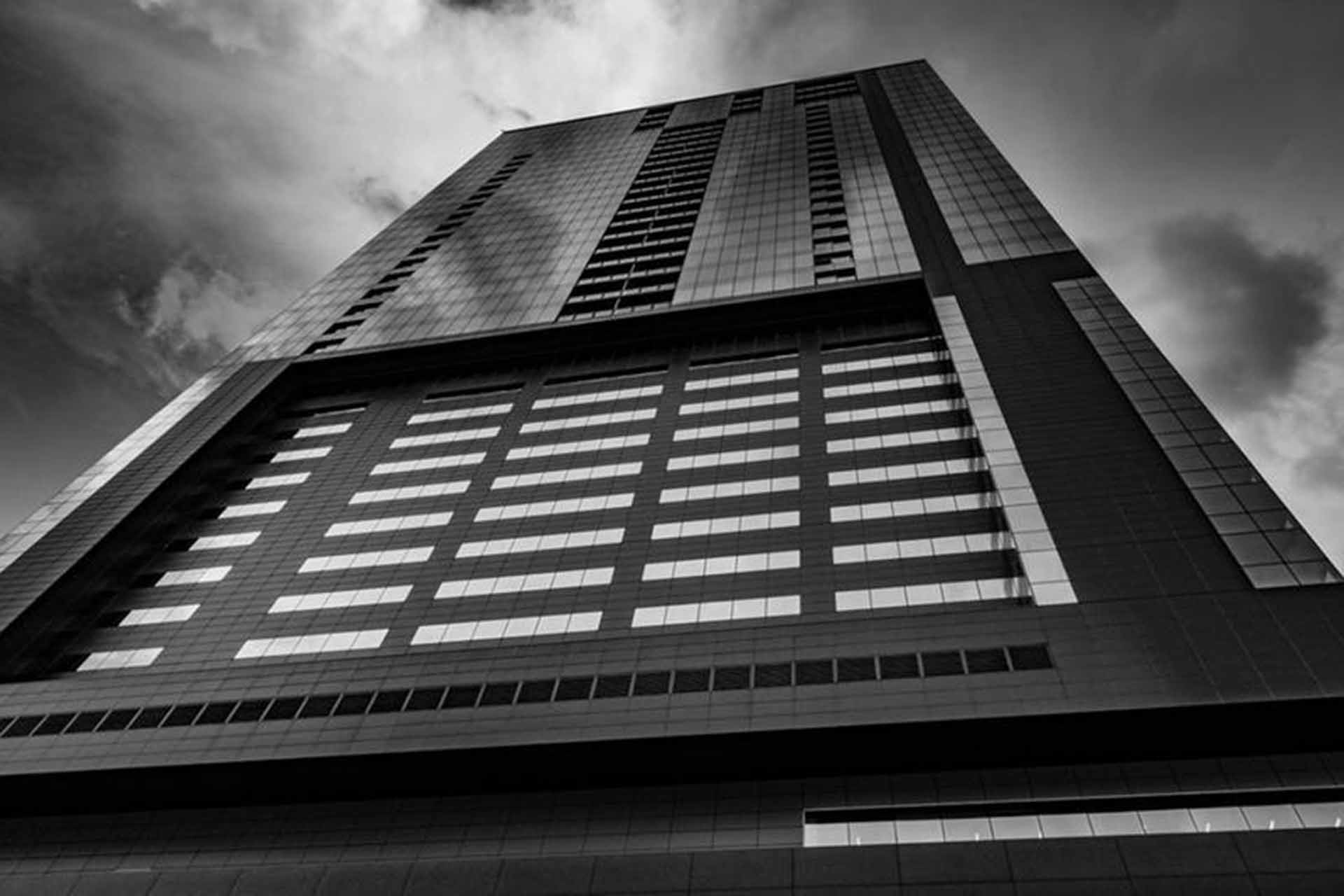
As part of a series of blogs on modern slavery and responsible business in the hotel industry, Youth Ambassador Yuan Mao explores the risks facing hotels and what Shiva Foundation is doing to help raise awareness of them.
Since 2012, Shiva Foundation has been working to protect every individual’s rights to liberty, including freedom from slavery and forced labour. The Foundation is working directly with businesses, communities and individuals to strengthen the collective response to human trafficking.
Shiva Foundation works specifically in the hotel industry to understand how to integrate anti-trafficking measures and create a standard that will highlight the importance of tackling slavery within hotels. It is working closely with Shiva Hotels to implement a commitment to eradicating slavery; one that is integrated within formal policies, decision-making procedures and trainings throughout the group.
The hotel and hospitality industries have traditionally been hubs for all types of human trafficking. Hotel rooms can be used as a location for sexual exploitation, as they provide anonymity and an environment where trafficking can go unnoticed. Between 2007 and 2015 alone, there were 1,434 cases of human trafficking in hotels reported to the National Human Trafficking Resource Centre and Polaris BeFree testing helpline (1), making hotels and motels the third most used location for sex-trafficking. (2)
Despite the prevalence of sex trafficking in hotels, more often than not, cases go unreported. The use of subcontractors and the high turnover of hotel staff often de-incentivise reporting suspicious activity to management due to the unfamiliarity of the work environment or the temporary nature of the employment. Cultural and language barriers can also deter reporting, as employees may not speak up in fear of being misunderstood, risking their employment or being punished. (3)
In cases where hotel employees themselves are at risk of being exploited to work long hours for very little or no pay, language barriers exacerbate the risk. Supply chains also pose a significant threat to human rights. From soaps and towels in bathrooms, to food served in hotel restaurants, traces of forced labour or slavery could potentially be found in almost all products. For example, the towels used by hotels may be made from forced-labour-harvested cotton. In addition, seafood served in the hotel restaurant may be caught using child labour thousands of miles away.
The potential for people to exploit and misuse hotels is evident, as are the risks that employees and those involved in the supply chain may face. This is why Shiva Foundation, together with Shiva Hotels, is striving to create a sustainable and ethical business model for the hotel industry. It will formalise engagement with subcontractors and employment agencies, to ensure that protecting human rights is a key priority for businesses and supply chains.
In May 2015, Shiva Foundation worked in partnership with Unseen to run training sessions with General Managers (GMs) of Shiva Hotels, to highlight the issue of human trafficking within the hotel industry. As a result, the GMs were inspired to host screenings of a short film about human trafficking across seven of Shiva Hotel Group’s properties, to raise awareness on World Day Against Human Trafficking.
This initial training also led to a public statement by Shiva Hotels about their commitment to tackling human trafficking. Currently in development is the Shiva Hotels Anti-Trafficking Charter. This Charter, which sets out Shiva Foundation’s commitment to combatting human trafficking and gives practical guidance to hotel staff, is currently being piloted at the Hilton Double Tree hotel in London. In addition, Shiva Foundation is hosting a hotel industry roundtable in London on the 2nd November with Thomson Reuters Foundation, to create an industry-wide model to help tackle modern slavery. Using the work with Shiva Hotels as an example, this roundtable will help the industry address how it can best tackle slavery within its supply chains and beyond.
Human trafficking is a global problem – to tackle the issue at its core, we must work collaboratively, to share resources and engage with communities. The pervasive yet invisible nature of this crime makes prevention all the more challenging. But by working together, we can achieve real change.


